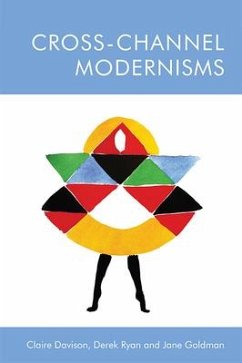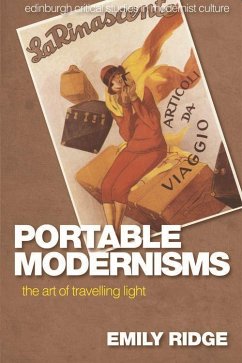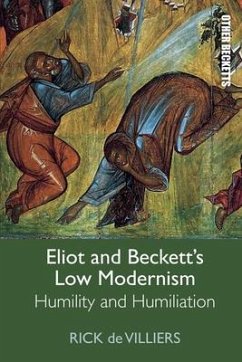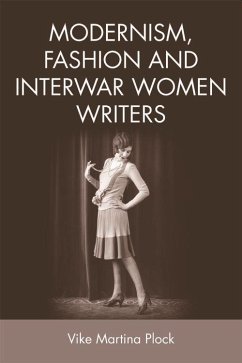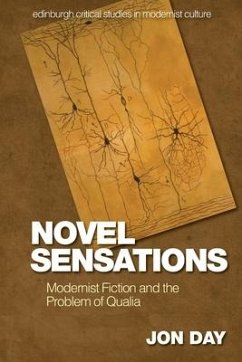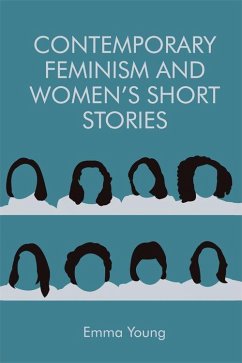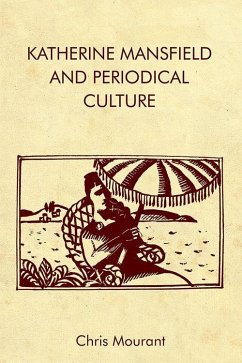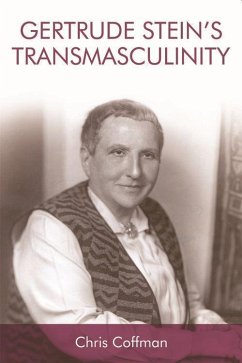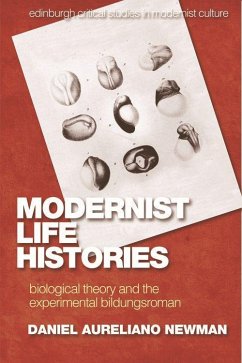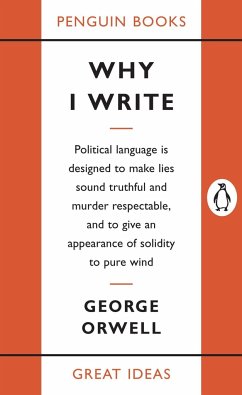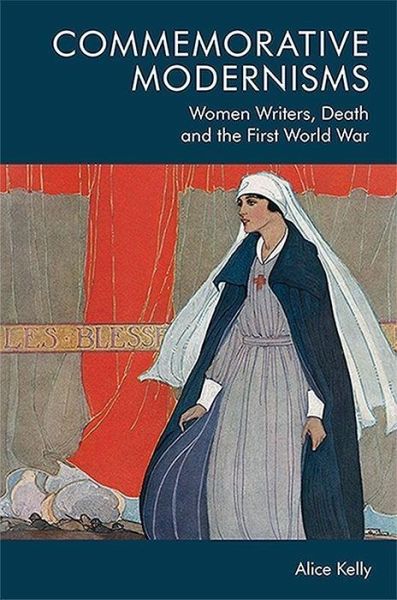
Commemorative Modernisms
Women Writers, Death and the First World War
Versandkostenfrei!
Versandfertig in über 4 Wochen
36,99 €
inkl. MwSt.
Weitere Ausgaben:

PAYBACK Punkte
18 °P sammeln!
Reconsiders the relationship between the Great War and modernism through women's literary representations of death One of the key questions of modern literature was the problem of what to do with the war dead. Through a series of case studies focusing on nurse narratives, Edith Wharton, Katherine Mansfield, H.D., and Virginia Woolf, as well as visual and material culture, this book provides the first sustained study of women's literary representations of death and the culture of war commemoration that underlie British and American literary modernism. Considering previously neglected writing by...
Reconsiders the relationship between the Great War and modernism through women's literary representations of death One of the key questions of modern literature was the problem of what to do with the war dead. Through a series of case studies focusing on nurse narratives, Edith Wharton, Katherine Mansfield, H.D., and Virginia Woolf, as well as visual and material culture, this book provides the first sustained study of women's literary representations of death and the culture of war commemoration that underlie British and American literary modernism. Considering previously neglected writing by women in the war zones and at home, as well as the marginalised writings of well-known modernist authors, and drawing on international archival research, this book demonstrates the intertwining of modernist, war, and memorial culture, and broadens the canon of war writing. Alice Kelly is a literary and cultural critic based at the University of Oxford.




